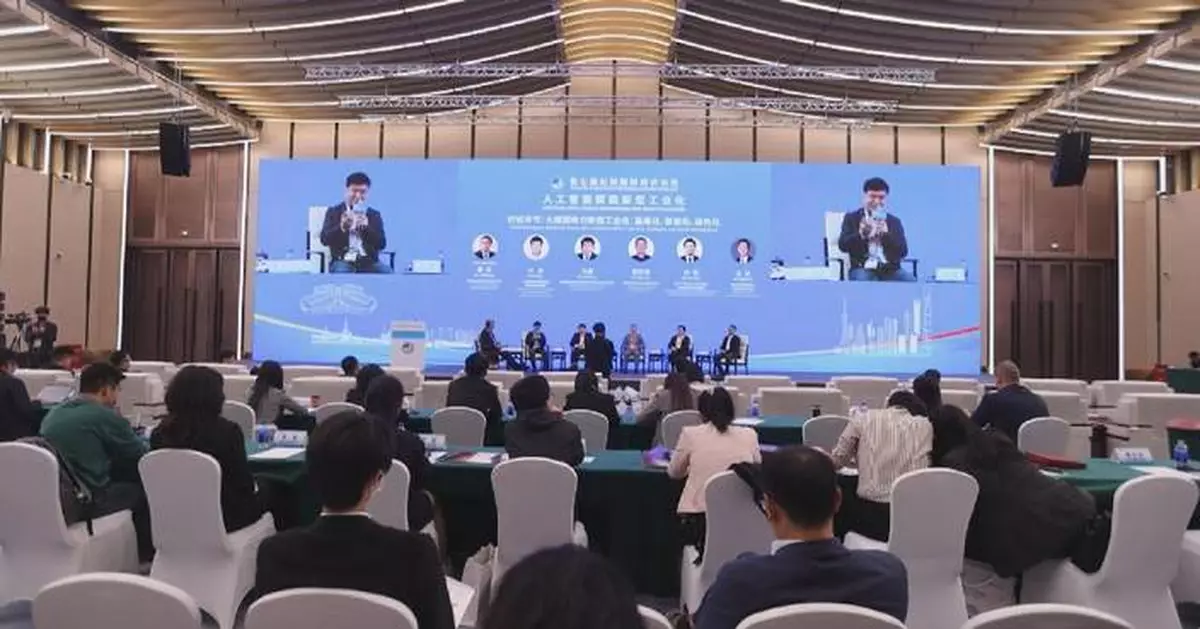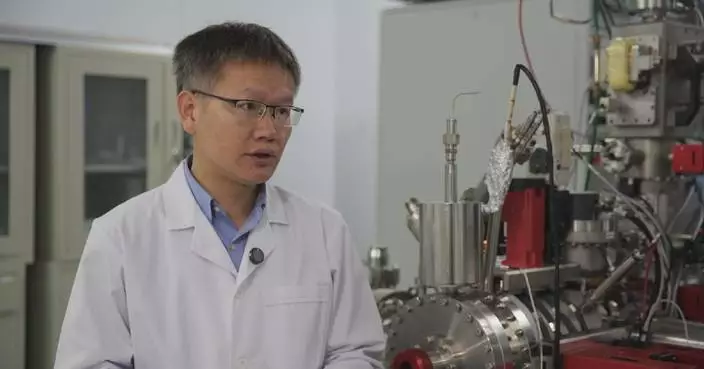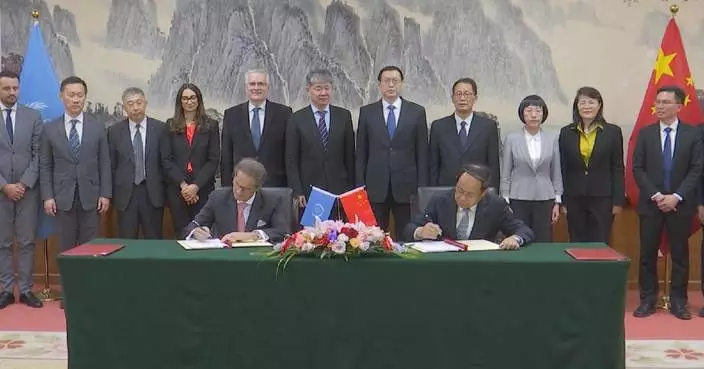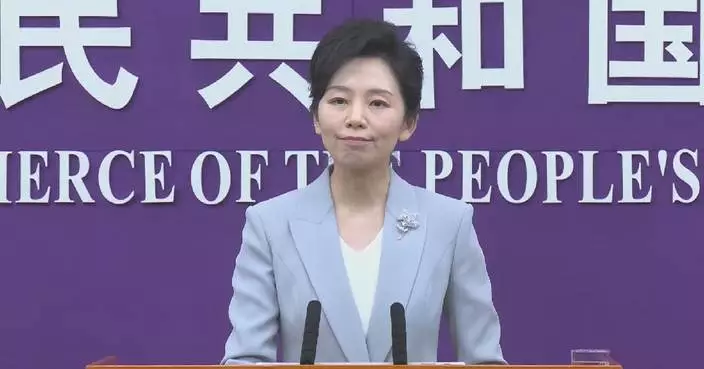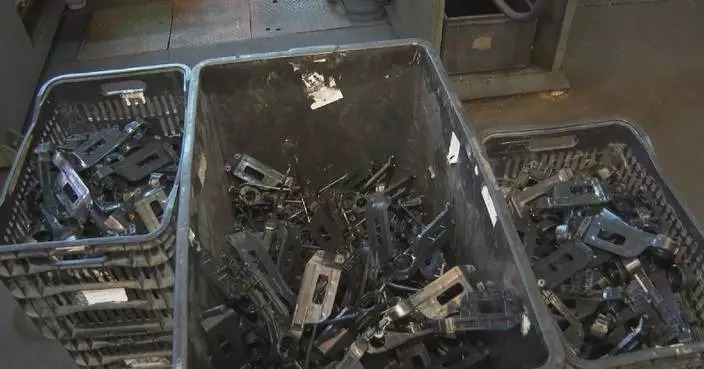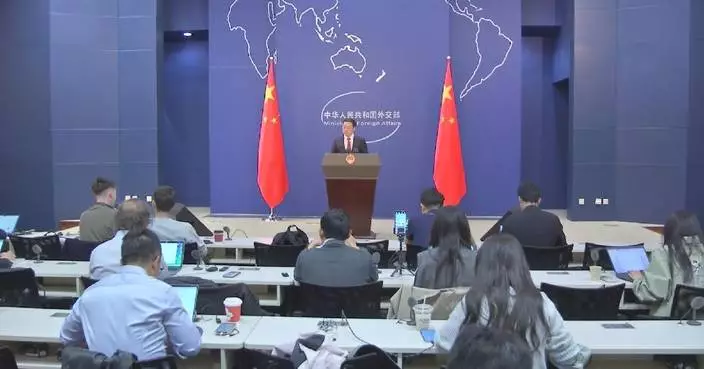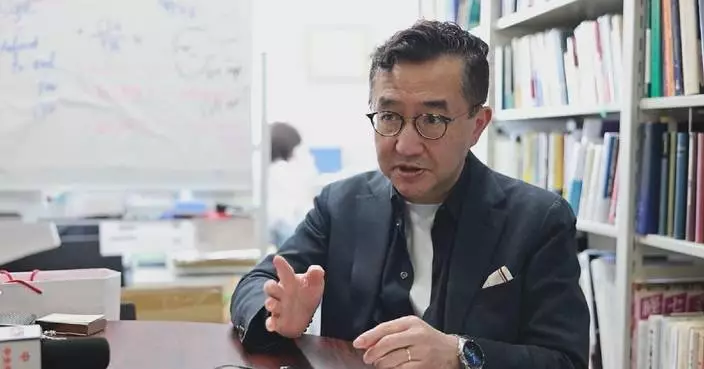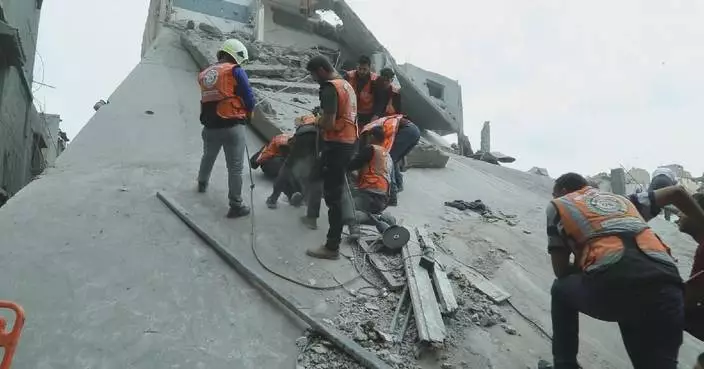Artificial intelligence (AI) technology has become a core driving force in advancing new industrialization which, in turn, could propel AI to achieve further breakthroughs, said the experts at a sub-forum of the Hongqiao International Economic Forum in Shanghai on Tuesday.
At the sub-forum on AI empowering new industrialization, experts from both home and abroad shared their insights on the role of AI in advancing new industrialization.
They believe that the integration of AI with advanced manufacturing technologies is bringing significant transformations to the methods and practices within the manufacturing sector.
According to the attendees, AI technology has the potential to push for industrial transformation, stimulate economic growth, and improve people's quality of life.
"While AI has become a driving force, it still needs to overcome technological challenges to meet the many demands of the industrial sector. The relationship between the two is mutually reinforcing: the challenges presented by the industrial sector will drive the development of AI, and in turn, AI advancements will further propel industrialization," said Gong Ke, executive director of the Chinese Institute of New Generation Artificial Intelligence Development Strategies.
The Hongqiao International Economic Forum is being held concurrently with the seventh China International Import Expo (CIIE) which runs from Nov 5 to 10.
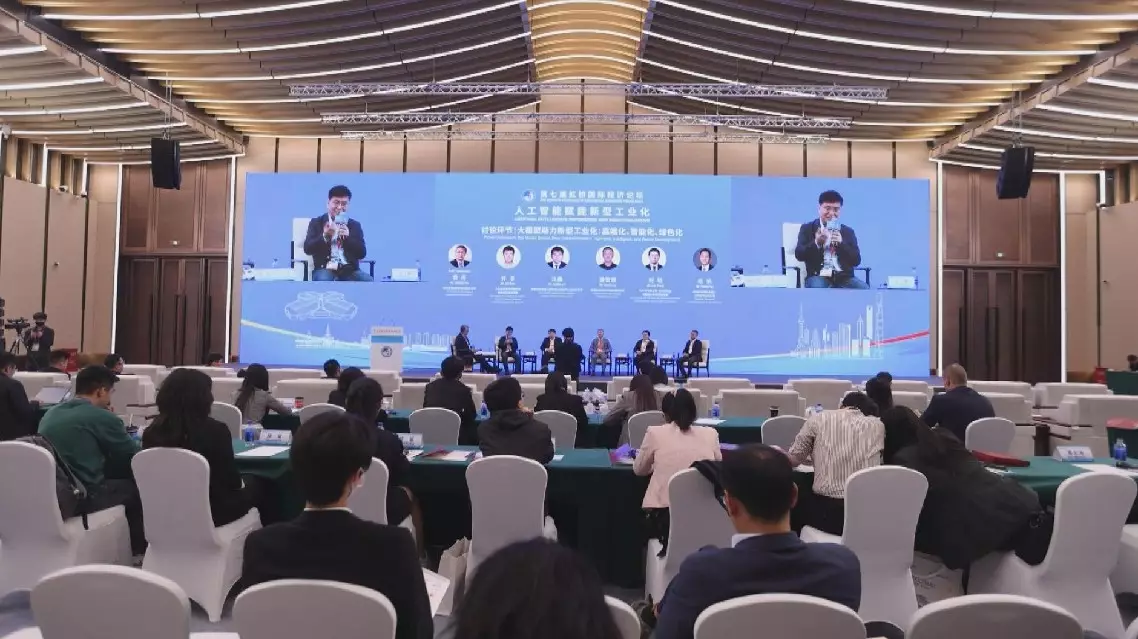
AI technology, new industrialization mutually reinforcing: experts
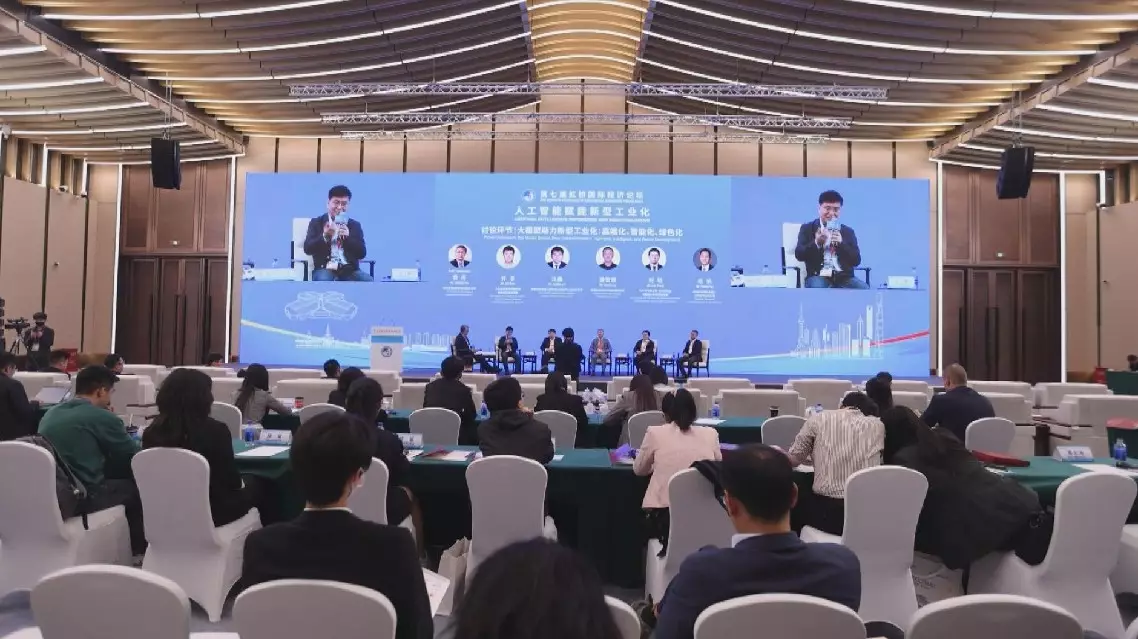
AI technology, new industrialization mutually reinforcing: experts
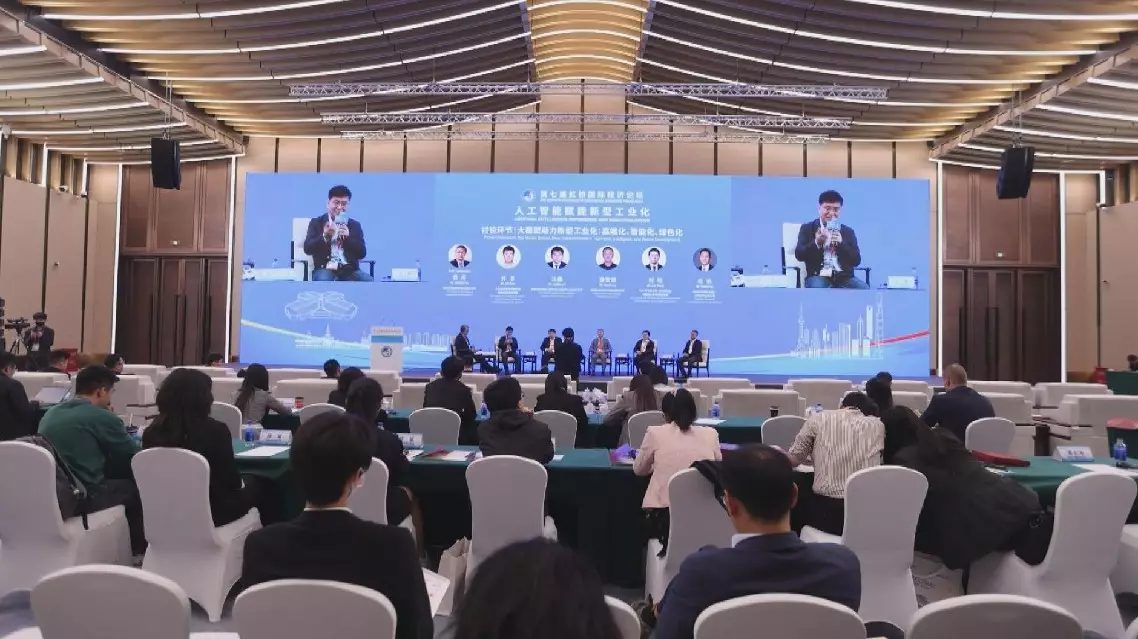
AI technology, new industrialization mutually reinforcing: experts
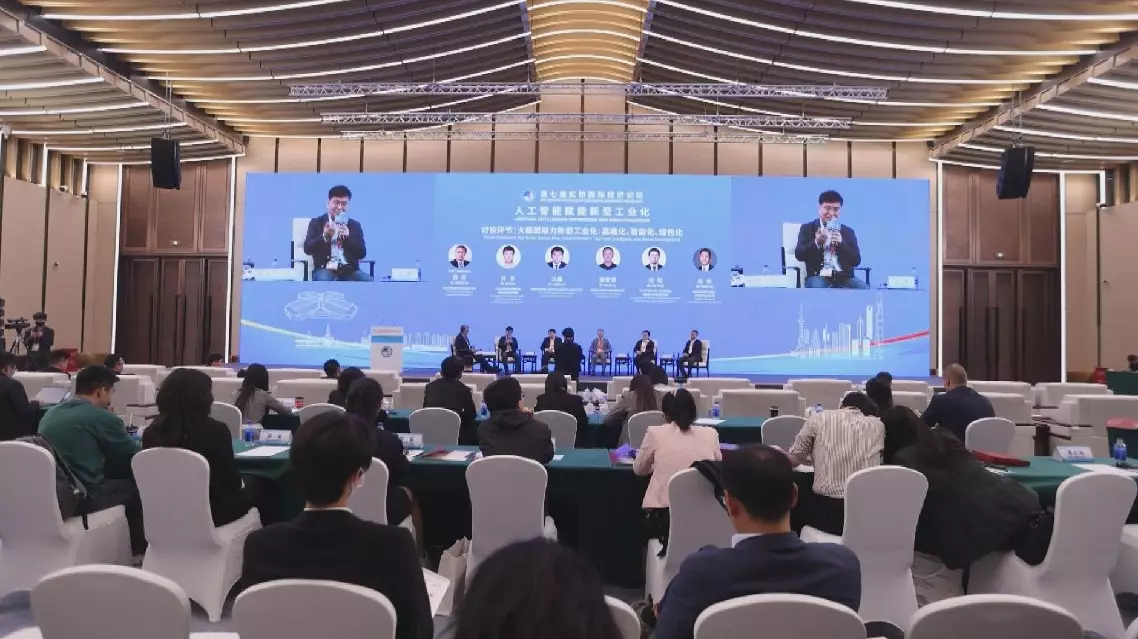
AI technology, new industrialization mutually reinforcing: experts
China has pledged additional emergency humanitarian aid to Myanmar following the devastating earthquake, aimed at supporting ongoing relief efforts with a focus on urgent needs such as medical supplies and reconstruction, Foreign Ministry spokesman Lin Jian announced on Thursday.
During a press briefing in Beijing, Lin outlined the details of the aid and summarized China's immediate involvement in the search and rescue operations following the March 28 earthquake.
"Since the outbreak of the earthquake, Chinese rescue forces have rallied around and saved lives against time. China was the first country that announced emergency assistance to Myanmar, sent rescue forces to the country, and set up settlement centers in the affected areas. The Chinese rescue team found the first trapped survivor. More than 30 rescue teams of over 600 members rushed to Myanmar for rescue work and we offered several batches of supplies, which demonstrates China's speed, contribution and kindness. This is warmly welcomed and appreciated by the people in Myanmar," said Lin.
Lin also emphasized the significance of the "pauk-phaw" friendship -- a Myanmar term for siblings - in the context of China's ongoing support.
"Myanmar's disaster response work has moved to epidemic prevention and control, as well as recovery and reconstruction. As a friendly neighbor and 'pauk-phaw' brother, China has decided to send another batch of emergency humanitarian supplies, which include the most needed refined oil, prefabricated houses, operating rooms, medicines, and vaccines. China will also dispatch medical and epidemic prevention experts for treatment and disinfection, as well as experts to examine, assess, reinforce, and repair affected buildings and cultural relics. A merciless disaster brings the best out of humanity. China will continue to promote the China-Myanmar 'pauk-phaw' friendship and, upholding the spirit of the China-Myanmar community with a shared future, help the people in Myanmar overcome difficulties and rebuild their homes," Lin added.
The earthquake, which struck Mandalay on March 28, has claimed 3,649 lives, injured 5,018 people, and left 145 missing, according to the Information Team of Myanmar's State Administration Council on Wednesday.
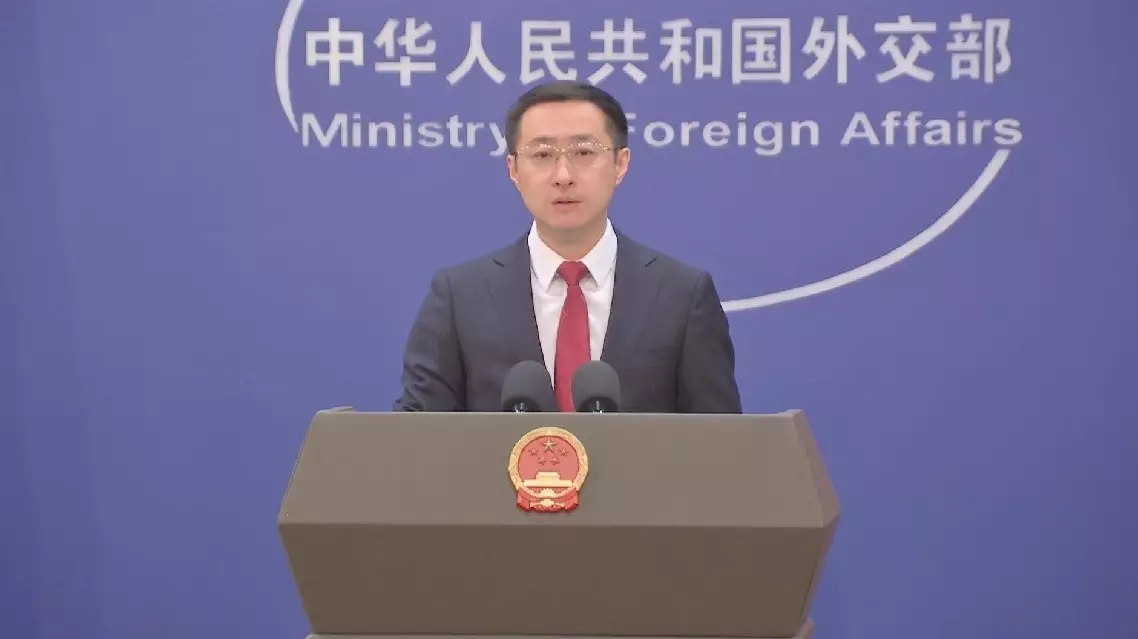
China to provide additional emergency aid to Myanmar following earthquake: spokesman






